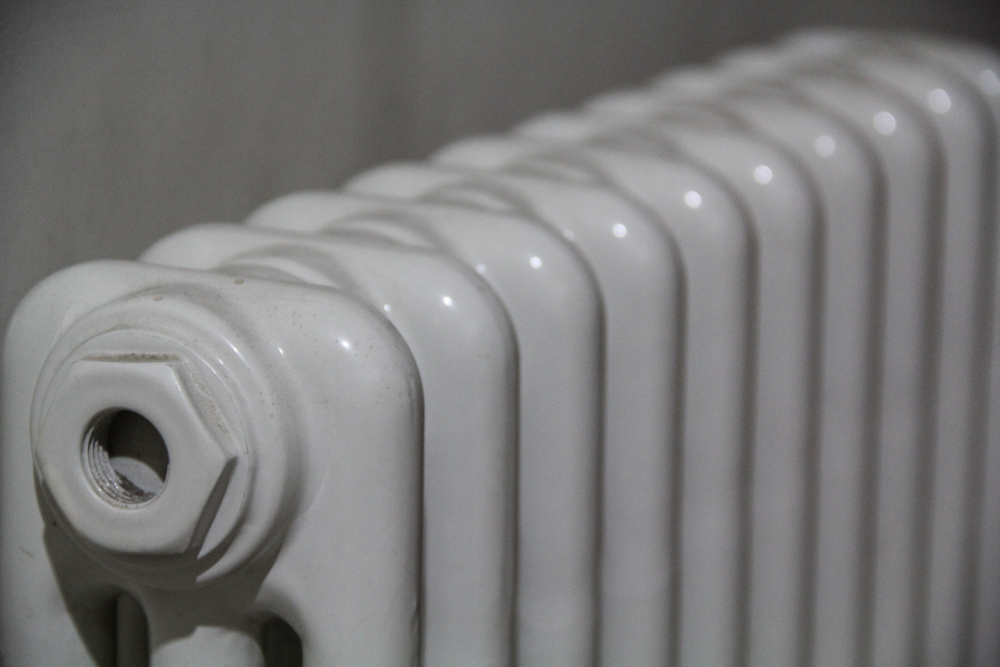Why Do Cast Iron Radiators Make Noise? Unveiling the Clanging Secrets!

Picture this: it’s a chilly winter night, and you’ve just settled down with your favorite book, snuggled up by the warmth of your beautiful cast iron radiator. Suddenly, you hear an unsettling clanging noise, disrupting your cozy haven. What could be causing this noise, and is it normal? Fear not, for in this blog post, we will unravel the mysteries behind why cast iron radiators make noise and provide you with valuable insights and solutions.
Understanding Cast Iron Radiators:
Before delving into the reasons behind the clanging symphony, let’s understand the basics of cast iron radiators. Cast iron radiators are classic heating fixtures that have stood the test of time. Their robust construction, high thermal mass, and elegant designs have made them a popular choice for both modern and traditional interior spaces.
Why Do Cast Iron Radiators Make Noise?
- Expansion and Contraction:
Cast iron radiators are excellent conductors of heat, and as they warm up, their metal components expand. This expansion can cause faint ticking or clicking noises as the radiator adjusts to the temperature changes. Once the radiator cools down, it contracts, leading to further subtle sounds. These noises are generally harmless and are a sign that your radiator is efficiently distributing heat.
- Air Trapped in the System:
Another common reason for noise in cast iron radiators is the presence of air pockets within the heating system. When air gets trapped in the radiator, it creates a bubbling or gurgling sound, disrupting the smooth flow of hot water. This phenomenon is commonly known as “water hammer” or “airlock.”
To release the trapped air, you can perform a process called “bleeding.” By using a radiator key or a bleed valve, you can open the air vent at the top of the radiator and allow the air to escape. This simple procedure can restore your radiator’s quiet operation and enhance its heating efficiency.
- Loose Fittings and Components:
Over time, vibrations and thermal expansions can cause fittings, brackets, and other components of your cast iron radiator to become loose. The rattling sound caused by these loose parts can be quite noticeable and annoying. To address this issue, it is essential to check and tighten all the connections and brackets periodically.
- Water Quality and Sediment Buildup:
If your heating system’s water contains impurities or if the water quality is poor, sediment can accumulate in the radiator. This sediment can create a knocking or banging noise when the hot water flows through it. Regular maintenance and flushing of the heating system can prevent sediment buildup and ensure smooth and silent operation.
- Uneven Heating:
In some cases, noise can occur due to uneven heating of the radiator. When certain sections of the radiator heat up more quickly than others, the metal expands unevenly, causing creaking or ticking sounds. This issue may indicate a problem with the distribution of hot water within the system and should be addressed promptly.
Solutions to Silence the Clanging:
- Bleeding the Radiator:
As mentioned earlier, bleeding your radiator can effectively eliminate trapped air, reducing the chances of disruptive noises. This process should be performed regularly, especially at the beginning of the heating season, to maintain optimal performance.
- Regular Maintenance:
Schedule routine maintenance checks for your heating system. During these checks, a professional technician can inspect your cast iron radiator for loose fittings and address any other potential issues that could lead to noise problems.
- Water Quality:
Consider using high-quality water in your heating system to prevent sediment buildup and minimize the risk of knocking sounds. Water treatment additives can also help maintain a clean and efficient system.
- Balancing the Heating System:
If uneven heating is the culprit behind the noise, you may need to balance the heating system to ensure an even distribution of hot water to all radiators.
- Radiator Insulation:
Applying insulation behind the radiator can dampen any vibrations and reduce the noise caused by the expansion and contraction of the metal.
Conclusion:
Cast iron radiators are not only functional but also add a touch of elegance to any space. Although they may produce occasional noises, understanding the reasons behind them can ease your concerns. By implementing the solutions provided in this blog post, you can ensure your cast iron radiator operates smoothly and silently, enhancing your comfort during those chilly winter nights.
Remember, while some noises are normal and harmless, persistent or unusually loud sounds might indicate underlying issues that require professional attention. Regular maintenance, proper care, and a little DIY know-how will keep your cast iron radiator running quietly, efficiently, and stylishly for years to come!
